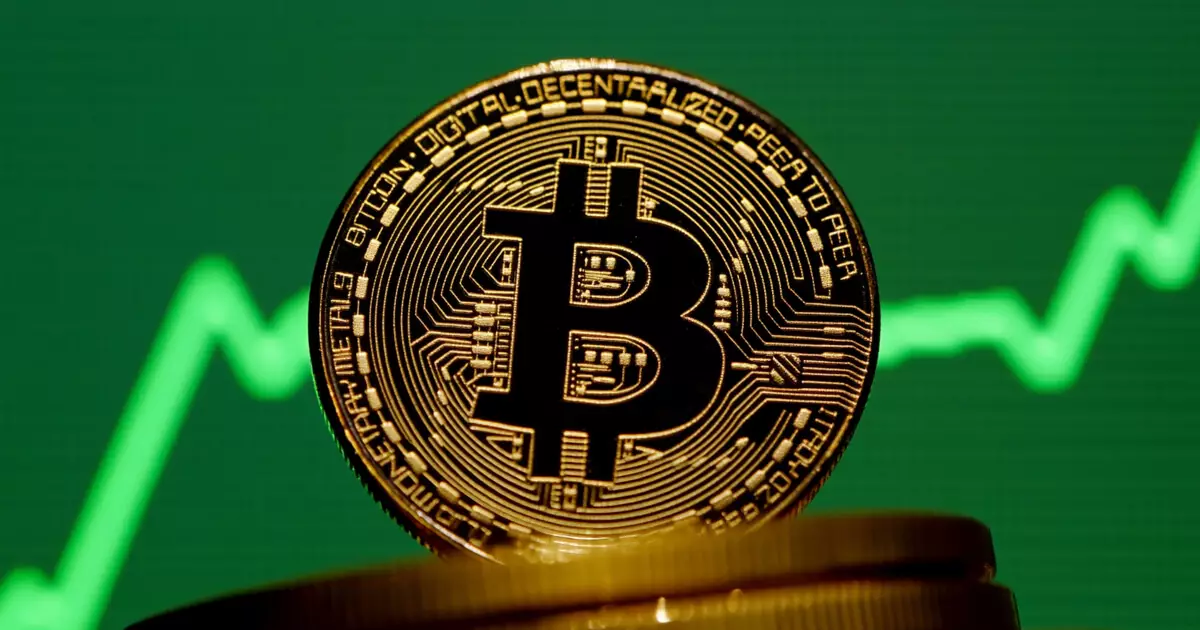In a bold declaration, Howard Lutnick, the CEO of Cantor Fitzgerald, has urged regulatory bodies to classify Bitcoin (BTC) alongside established commodities like gold and oil. This perspective was shared during his appearance on the Fox Business show “Mornings with Maria” on September 27. Lutnick’s statements reflect a growing sentiment in the financial community—that proper regulation of cryptocurrencies is essential for their integration into the broader financial system. He contended that regulators are currently ill-prepared to approach the complexities of cryptocurrency, arguing that they lack the necessary understanding of the market’s significance and potential. This critique poses a vital question: Why has there been a failure to adapt regulatory measures to accommodate a rapidly evolving digital landscape?
Lutnick’s criticism towards regulators extends to the disconnect between digital assets and traditional regulatory frameworks. He asserted that while Bitcoin’s status as a commodity is clear, the prevailing confusion illustrates a systemic issue. Referring to policymakers, Lutnick stated, “They have no idea what they are talking about,” emphasizing that their lack of insight impedes meaningful governance in the crypto sector. This highlights a glaring need for education and engagement between regulators and industry experts to foster a knowledgeable approach to regulating Bitcoin and its counterparts.
While the SEC Chairman, Gary Gensler, has acknowledged Bitcoin as a commodity, this designation has not yet translated into comprehensive acceptance across all financial jurisdictions. This inconsistency is troubling, especially as financial institutions increasingly seek to incorporate cryptocurrencies into their operations. Lutnick posits that the reluctance among banks to engage with Bitcoin stems from regulatory hurdles demanding excessive collateralization for crypto holdings. Such regulations can stifle innovation and hamper growth, raising questions about the balance between necessary caution and fostering a climate conducive for progress.
Cantor Fitzgerald’s recent announcement to launch a $2 billion financing service targeting Bitcoin investors points to a burgeoning interest in crypto within traditional finance. Lutnick envisions this platform as a catalyst that would facilitate deeper integration between traditional financial entities and the digital asset universe. He predicts that in as little as five years, we will see banks permitted to manage Bitcoin custody services, fundamentally changing how banks operate and interact with cryptocurrencies.
Moreover, the recent exemption granted to BNY Mellon to develop a Bitcoin custody service exemplifies the shifting tide regarding traditional finance’s embrace of digital currencies. This regulatory flexibility can help pave the way for more institutions to follow suit, intensifying competition and potentially altering the landscape currently dominated by platforms like Coinbase. Ultimately, Lutnick’s assertions encapsulate a pivotal moment for Bitcoin and cryptocurrency at large, as they stand on the precipice of broader acceptance.
As the dialogue surrounding Bitcoin regulation continues to evolve, Lutnick’s insights serve as a clarion call for a more informed regulatory approach. The intersection of traditional finance and digital assets is becoming increasingly relevant; thus, policymakers must engage with the nuances of cryptocurrencies. Sustained education and collaboration among stakeholders will be essential in navigating the complexities of this relatively nascent sector. With Bitcoin poised to play a significant role in the financial future, the stakes for getting regulation right have never been higher. The coming years promise opportunities and challenges that will shape the future of finance itself.

